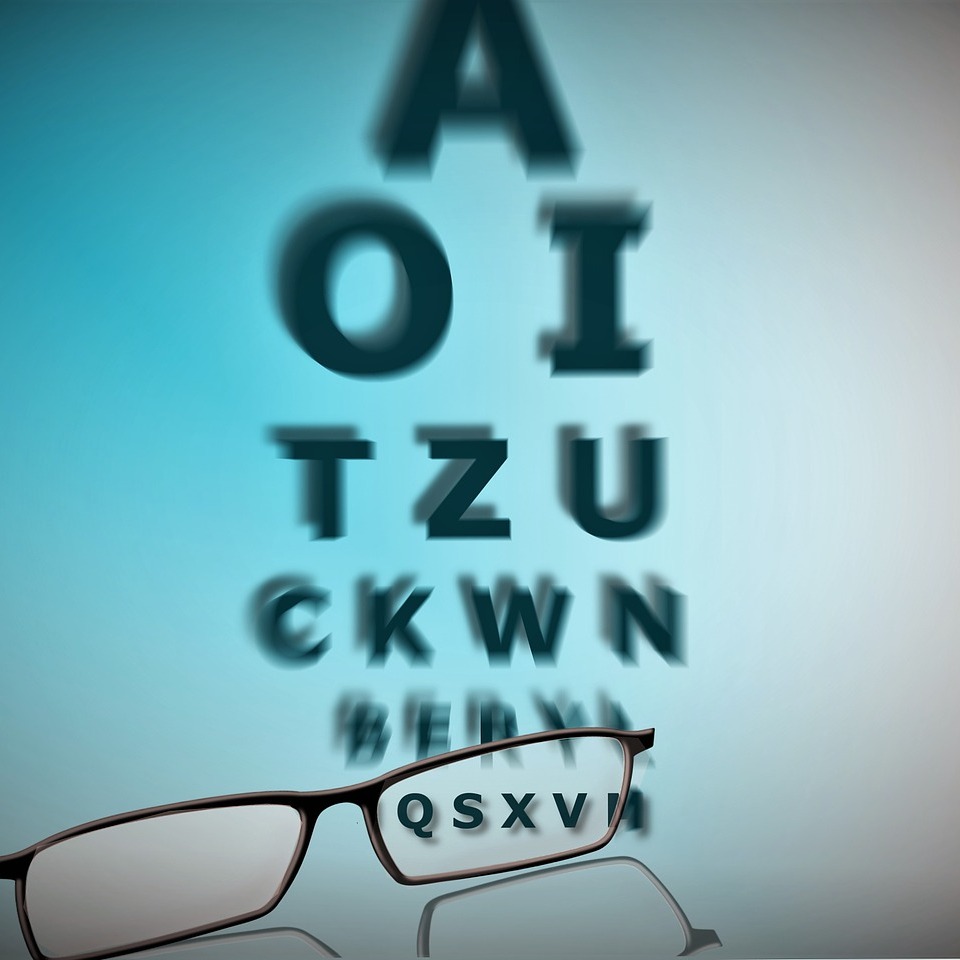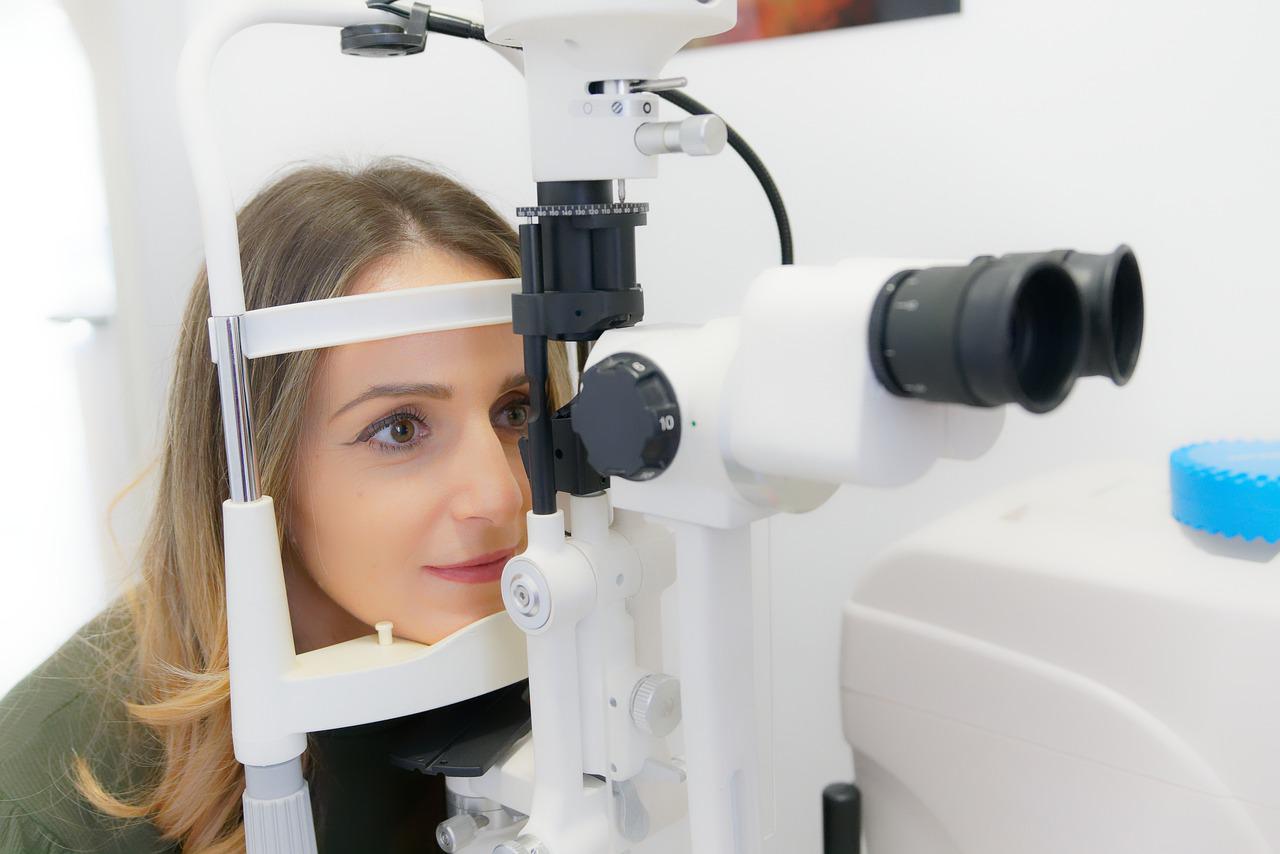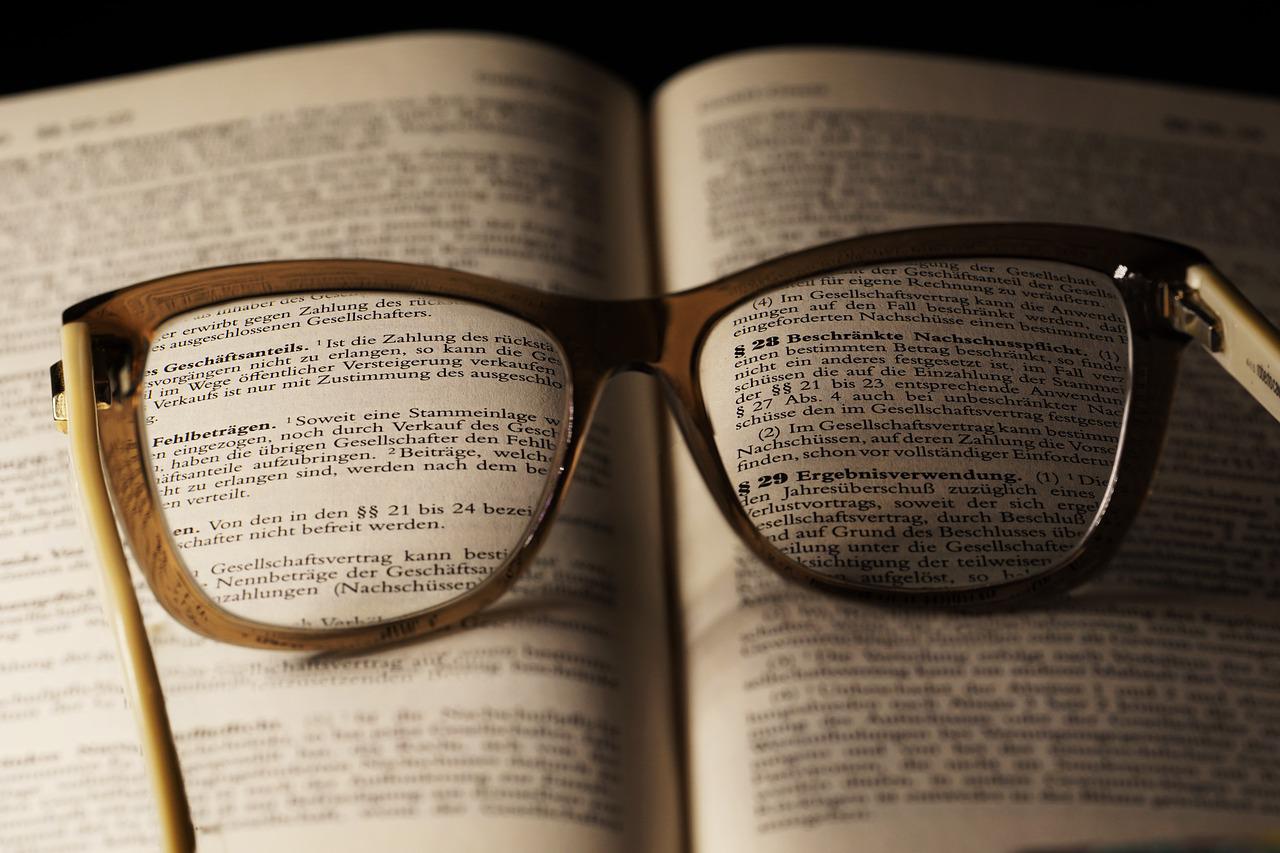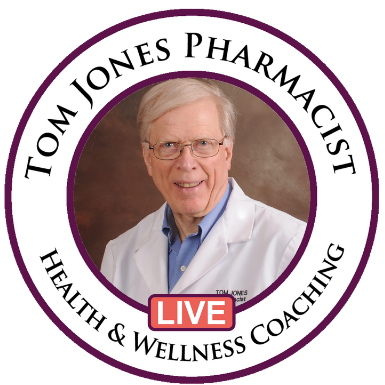
Protect Your Eyes and Eyesight Our eyes may be small, but they are mighty. They have an incredibly important job and we depend on our eyes far more than we probably realize. They don't just give us the visual picture of what's in front of us. They help us sense danger, bring vivid colors to our memories and they are instrumental how we respond to any given circumstance or situation. Have you ever cried watching a breathtakingly emotional scene in a movie? You don't know those people. They are actors, and yet we can be moved to tears by visual stimuli. You see someone crying or smiling, you see a child in danger, you see a homeless person with a sign that you read asking for help. All of these things bring forth an emotional response. The power of the eye is really astounding. Over time though, our eyes begin to change.

It could start early in life or you might not have much in the way of vision changes until well into your 40s. Either way, gradually and very slowly, our eyes begin to deteriorate. That said, it's critical we learn to care for our eyes to ensure they last an entire lifetime. Let's go over some of the most valuable tips and tricks for eye protection to keep them from getting worse, or at least slow it down. Healthy Diet & Quality Sleep A diet rich in antioxidants, such as lutein and zeaxanthin, is a great start for eye health. You can find these in dark, leafy greens like kale and spinach. Our body turns beta carotene into vitamin A, an essential vitamin, which is great for eye health and vision. Beta carotene can be found in many fruits and vegetables including sweet potatoes, pumpkin, squash, broccoli, grapefruit and carrots.

Getting enough good quality sleep is how you give your eyes a much-needed break. They are hard at work from open to close and need to recharge. Your eyes give you plenty of signals that they need some downtime. Blurry vision, dry eyes, burning and itching are all indications it's time to shut it down for a while and rest. Comprehensive Eye Exams Staying on top of your annual eye exams is a critical part of keeping your eyes healthy. Your eye care professional can detect infections and disorders that can't be seen by the naked eye. Many diseases of the eye can lead to loss of vision and even total blindness. Nip it in the bud by keeping up with your yearly exams. Manage Chronic Health Issues There is no magic pill or remedy to stop the aging process and with aging comes the side effect of diminishing vision.

However, managing chronic health issues that could potentially cause other eye conditions is imperative. Diabetes comes with a whole host of progressive eye diseases when left unmanaged. Don't leave your eyes up to chance; manage your overall health to protect your eyes from getting worse. Sunglasses and Hats Invest in quality sunglasses and wear those hats! It's not just a fashion statement anymore. You want to protect your eyes from harmful UVA and UVB rays from direct sunlight. In case you weren't aware, your eyes can be sunburned just like your skin. An additional benefit of sunglasses and hats is your eyes won't have to strain so much under the glaring sun. Limit Screen Time Unless you live completely off the grid, screens are everywhere. We've become pretty dependent upon them. If staring at a computer is how you make a living, make sure to take breaks for the sake of your eyes.

We tend to blink way less when we are looking at something up close which can lead to dry eyes. It's a good idea to try and stay away from screens as much as possible when you aren't working. Dim the Lights Glaring lights mean your eyes have to work even harder. If you spend a lot of time at a computer screen, try using an anti-flare filter and turn the brightness down a bit. Blue light rays are both good and bad for us. Sunlight is the main source of blue light, but it's also in fluorescent lighting, LED lights and the backlight of computer screens, tablets and smartphones. By dimming the lights a bit, you reduce the rate of exposure. Researchers suggest long-term exposure to high amounts of blue light could damage retinal cells. Quit Smoking Smoking puts you at higher risk for developing cataracts, macular degeneration, as well as problems with dry eyes.
The cyanide in smoke that reaches your bloodstream can be very damaging to the cells in your eyes. Your eyes are small but mighty. Don't underestimate the need for proper care and preventive measures. Your vision will inevitably worsen through the years. We can't stop the natural aging process, but the precautions above will help stave off premature worsening of your vision.
 Add Row
Add Row  Add
Add 




Write A Comment